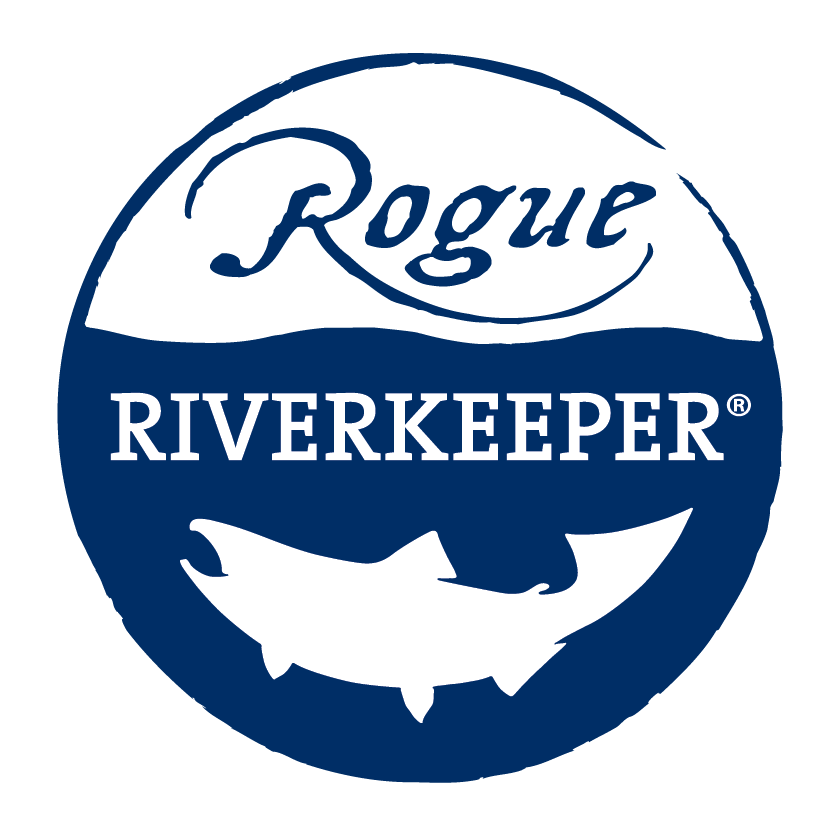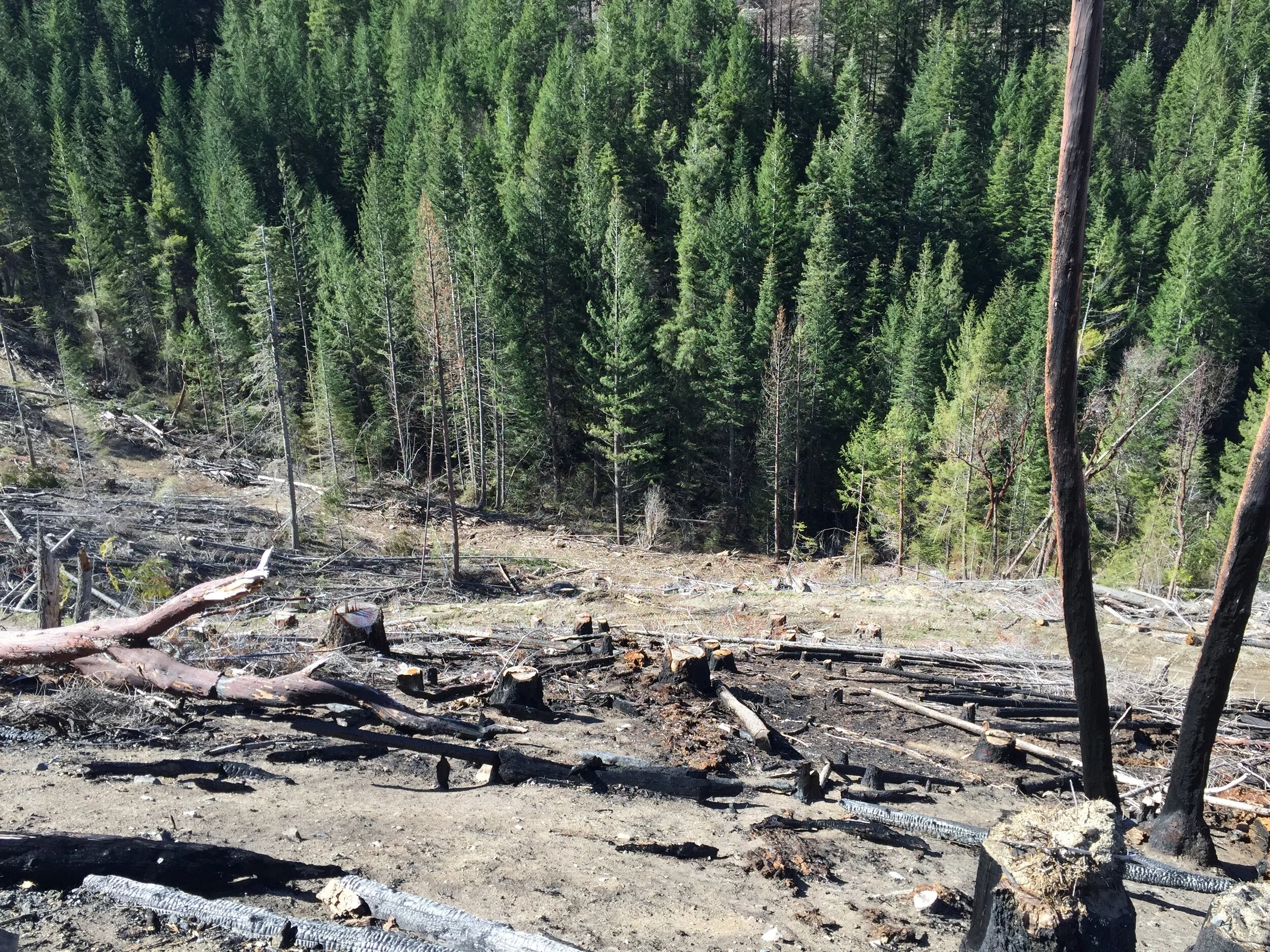On the 48th anniversary of the Clean Water Act, we’re reflecting back on the impact of this fundamental environmental and public health law. On October 18th, 1972, Congress enacted the Clean Water Act. Since then, we’ve come a long way from rivers catching on fire, raw sewage discharged directly into rivers, and the unbridled destruction of wetlands and streams. In a changing climate, with less consistent rainfall, less stable snowpack, and increased drought, the presence of cold, clean water becomes even more critical for communities in our region. Now more than ever, it’s critical to consider the future of these fundamental protections.
Read MoreOn June 3rd, the Oregon Board of Forestry voted unanimously to improve stream buffer standards for southern Oregon streams. This decision brings protections for approximately 320 miles of small and medium salmon and steelhead streams across 1 million acres of private forest lands within the Rogue watershed up to the same standards applied to the rest of western Oregon in 2017. Although this temporary rule is a step in the right direction, it does not fix the significant threats to clean water from harmful forest practices in Oregon that are decades behind other states.
Read MoreThere are so many reasons to become a member of Rogue Riverkeeper. To celebrate our 10th anniversary, we picked our top ten. But you really only need just one….
Read More


